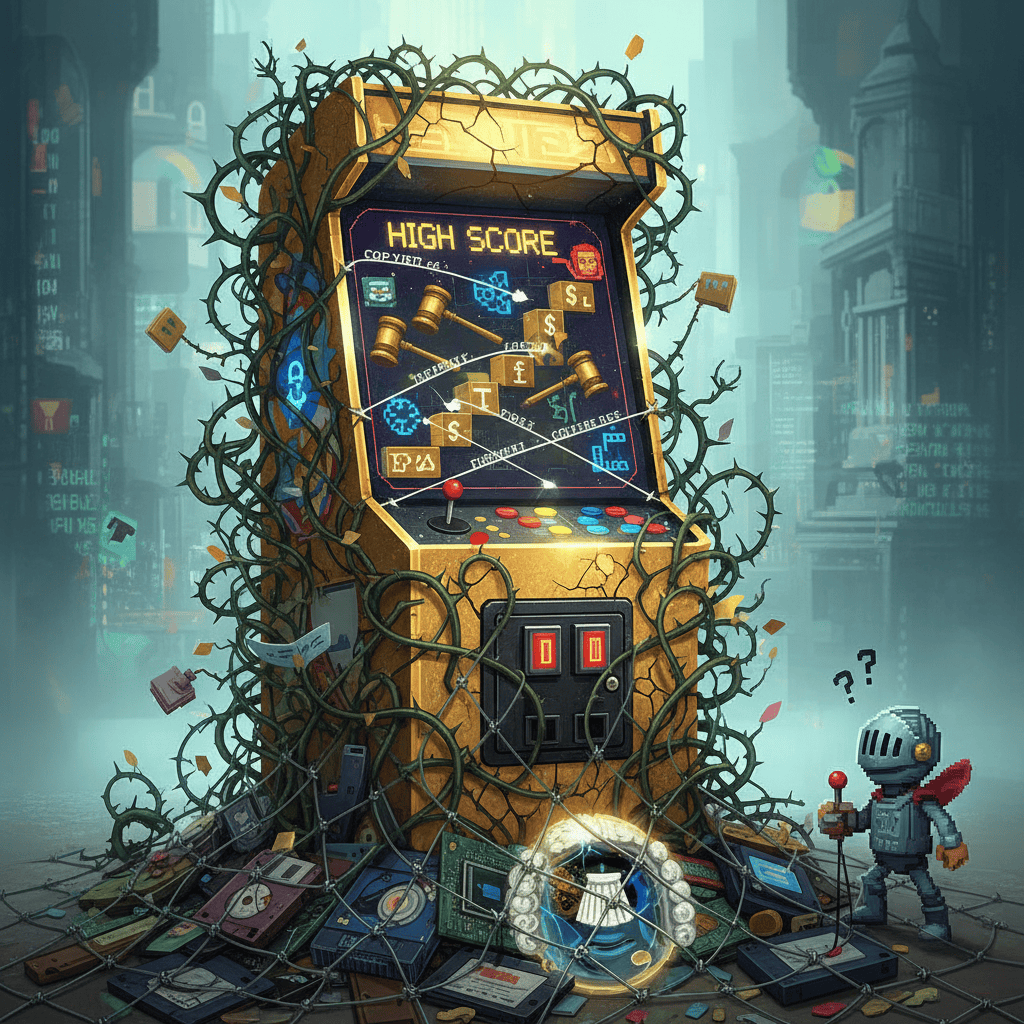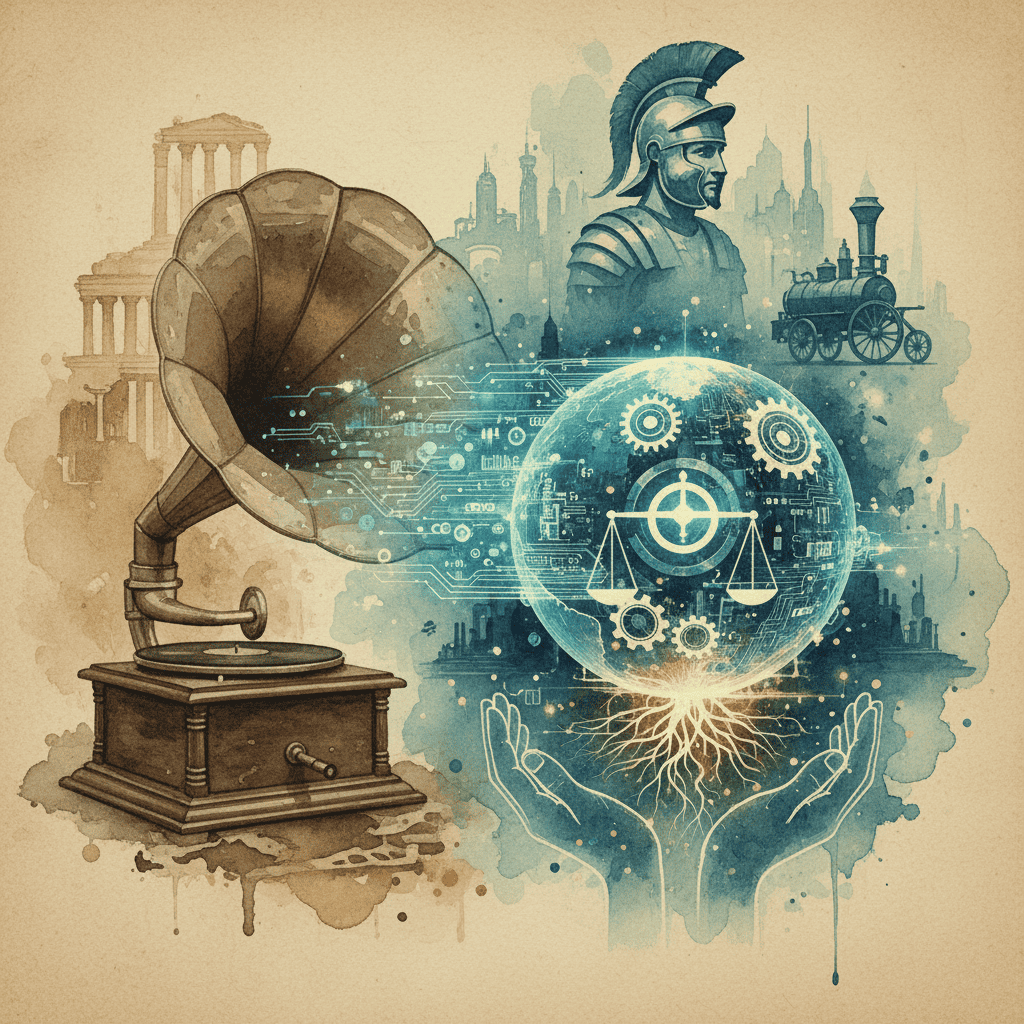Let’s be honest, folks. We’ve all been there. Staring longingly at a blurry picture of a flickering Donkey Kong cabinet, a wistful sigh escaping our lips. The question isn’t if we’ve thought about emulating classic arcade games, but how we justify it to ourselves – and, more importantly, to the creators and holders of those game’s intellectual property. This ain’t just about playing; it’s about ethics, legality, and the preservation of gaming history itself. Let’s dive into this ROM-tastic rumble.
The High Score Hustle: Legal Minefield
This isn’t a grey area, it’s a whole damn swamp. Emulating a game you own is generally considered a legal grey area; distributing ROMs is a straight-up legal no-no. The copyright holders (think Namco, Capcom, Atari – the giants of the golden age) still own the rights to their creations. Downloading ROMs without paying for the games violates those rights, plain and simple. Back in the day, I’d see guys burning ROMs in the arcade, but it was a different era. Now, digital distribution is completely different.

Remember that time I tried to emulate Galaga on my Commodore 64? Yeah, that was a disaster. The legal landscape is far more complex than it was then. The courts are still figuring out digital rights; things change fast. This isn’t just about legal ramifications, either. It impacts the future of game development.
The Preservation Paradox: Saving History or Stealing It?
I’ve seen firsthand how emulation helps preserve the games that otherwise would be lost to the sands of time. MAME (Multiple Arcade Machine Emulator), for instance, is a godsend for archivists and enthusiasts. It keeps many games alive. Yet, this noble purpose isn’t a free pass. We need to address the moral implications. If we only ever emulate, does that stifle the desire for official re-releases, remasters, or even new games inspired by the classics?
Many of the original game cartridges are damaged and near impossible to find. Emulation has given life to games that had vanished into oblivion. But are we, by doing this, relieving game companies of the responsibility to protect and reissue their intellectual properties? The balance is tricky.
The Role of ROM Sites and Legal Gray Areas
I’ve seen enough ROM sites to know many tread a fine line legally. Some sites host ROMs, offering “free access to gaming history,” while others act as forums for discussing games. Some sites even provide emulators and associated tools. It’s a complex ecosystem, and each site operates in a varying level of gray areas. Even with their preservation intentions, it doesn’t make the illegal download aspect any less illegal.
Key Takeaway: Emulation is a powerful tool for preservation, but it doesn’t absolve us from the responsibility to consider the legal and ethical implications of ROM distribution.
The Indie Arcade Revival: A Different Perspective
The modern indie scene is brimming with games inspired by retro arcade titles. Games like Cuphead, Blaster Master Zero, and Shovel Knight capture the essence of classic arcade gameplay, often with modern twists. These games are, undeniably, a testament to the enduring appeal of arcade-style mechanics. They give new audiences access to the core mechanics that make this style of game so engaging without involving ROMs. This provides a powerful alternative to illegal emulation, showing respect for intellectual property.
- Here’s a quick rundown of some modern indie games channeling the arcade spirit:
- Hades (Rogue-lite, action)
- Streets of Rage 4 (Beat ’em up)
- Downwell (Action-Puzzle)
This also gives indie developers a platform to test and refine gameplay with the benefit of modern tools and technologies, providing a way to engage retro gaming without infringement.
The Future of Arcade Gaming: A Call to Action
The ethical concerns surrounding emulation are complex, and there isn’t a simple “yes” or “no” answer. My perspective is this: we should celebrate and preserve classic arcade games. However, we need to approach it responsibly. Support the official releases, remasters and continue supporting the amazing games of today and tomorrow. Buy official releases when available – especially if it’s a developer you love. Support the preservation of original arcade cabinets through museums and private collections. This keeps the gaming community moving in a positive direction that will preserve the past and fuel the future. Let’s keep those high scores climbing, ethically!

Emulating the past: ethical considerations in historical recreation. The Evolution of Arcade Emulation: From MAME to Modern Platforms
The evolution of emulation has been quite a ride! It’s moved far past early attempts like MAME and into the sophisticated emulators that exist today that run on modern consoles and PCs. This transition requires a similar consideration of legal aspects and ethical boundaries. The ease of access that emulation brings also demands awareness of the legal and ethical aspects it entails.
Emulator Platform(s) Capabilities Legal Considerations MAME PC, various others Wide range of arcade games ROM distribution remains illegal RetroArch PC, consoles Multi-system emulation ROM legality depends on game ownership and use DeSmuME PC Nintendo DS emulation ROM legality remains tied to game ownership Dolphin PC, various others Nintendo GameCube/Wii ROM legality remains tied to game ownership Frequently Asked Questions (FAQs) About Arcade Game Emulation
Q: Is it legal to emulate games I own? A: The legality is complex and varies by jurisdiction. Generally, personal use is tolerated, but distributing ROMs is illegal.
Q: What are the ethical arguments against emulation? A: It potentially harms copyright holders, diminishes the incentive for official re-releases, and could lead to the neglect of original game preservation efforts.
Q: What are the best emulators for arcade games? A: MAME is a classic and highly versatile option. RetroArch offers a unified interface for multiple systems.
Q: Can I legally sell ROMs? A: No, selling ROMs is a copyright infringement. This is illegal, period.
Q: How can I support the preservation of arcade game history ethically? A: Support official re-releases, donate to game preservation organizations, and visit museums that house original arcade cabinets.
Q: Are there legal alternatives to downloading ROMs? A: Yes, many modern indie games are inspired by classic arcade titles and offer a legally sound way to experience similar gameplay.
Q: What’s the difference between emulation and ROM hacking? A: Emulation runs the original game; ROM hacking modifies the game code.
Level Up Your Retro Gaming Ethos
This whole emulation thing is nuanced. Respect the creators, the history, and the law. Let’s keep our high scores clean, both digitally and ethically. Find ways to enjoy retro games that respect the developers and artists who made them possible. Explore the indie scene, support official releases when they’re available, and help preserve the legacy of arcade gaming the right way.
The ROM-tastic Rumble: Is Emulating Arcade Classics Ever Okay?



